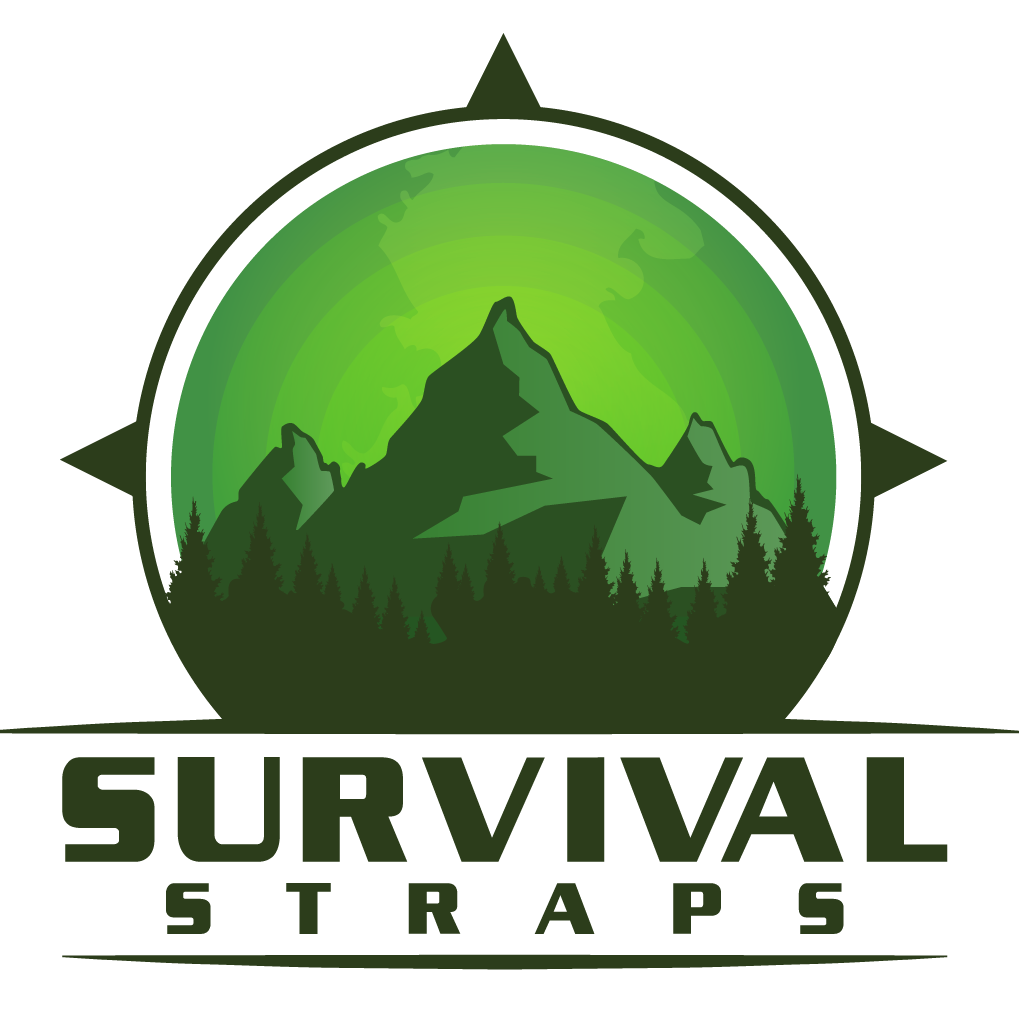Every country faces its own problems – for some, it is insecurity and unemployment; for others, poverty is the order of the day. However, one of the commonest issues is an economic meltdown, which affects businesses and citizens of such a country. When a nation goes into recession, things get a lot more difficult, and it may seem impossible to survive financial crises.
Whatever may happen to a country, you should know how to survive an economic collapse; this article explicitly discusses the situation and solutions. As you prepare for a possible economic crisis, try as much as possible to be intentional about keeping you and your family safe.
How to Survive an Economic Collapse?
The following principles are crucial to ensure that you survive whatever your country faces financially/economically.
You may be interested in
| How To Start A Fire: An Excellent Guide for the Survival Enthusiast |
| How to Guide to Survive Extreme Winter |
| How to vanish in the Jungle or Forest: Art of concealment through camouflage |
1. Stock Food Items
One of the things you need even when things aren’t difficult is food. Everyone needs survival food, and that makes it a necessity even during an economic collapse. At this point, there are limited food items on the market; all you have to do is gather as much as you can and save for the “rainy days.”
Stocking food items may look difficult because there are chances of spoilage or storage issues. In this case, it would be best to go for non-perishable foods and a few preserved ones that would last for a period.
As regards storage, having a bug-out location seems like a perfect idea.
2. Gather Valuable Tools and Equipment
As you prepare to stay most of the time indoors, you will need a little help with stuff around the home. The truth is that things get expensive during this period, and whatever you have at home is only going to be enough to sustain you. Therefore, you must buy valuable tools and equipment needed for survival.
For instance, kitchen and garden tools are some of the best ones you need. Other handyman tools, such as screwdrivers, hammers, utility knives, etc., will also come in handy for fixes in the home.
Invest in the best tools on the market, so you don’t have always to spend.
3. Plan B on Food Items
Sometimes, economic collapse takes more than months or even years. Regardless, it would be best if you made plans towards getting another source for food items. One day, those you have in bug-out locations will get exhausted what would you do when that happens? You should make a Plan B, which involves planting or growing crops in your garden or farm.
Before the economic issue, try as much as possible to get seeds that you could plant. After a couple of months, you can depend on it to provide edible foods to eat during this period. On the other hand, you can raise livestock like chicken as a source of meat.
4. Plan Towards Electricity Alternatives
The chances of having good electricity during an economic collapse are minimal. It is easy to say that total dependence on the country to provide electricity during this period will be a bad idea. Therefore, you have to seek alternatives, so you don’t lack in any way when the time comes.
For instance, you can install solar panels or try out hydroelectric systems. Other simpler methods to provide light for use include oil lamps, candlelight, etc. Whatever method you decide to try out, ensure it is sustainable and the best for survival.
5. Learn Basic Survival Skills
Before the introduction of technology, ancestors survived with core survival skills. Even though things are not the way they used to be, it is not a big deal depending on them during an economic collapse.
This point is where you need all the manual or traditional help you can get for safety and survival. For example, you can try out old water purification methods, like boiling to aid water re-use.
6. Spend Less
As much as you want to get things stocked up in your home, financial discipline is very important. For a start, you should know how to spend less and at the same time get the necessary things for survival; the aftermath of an economic collapse is sometimes unbearable; there is a hike in the prices of goods and services you hope to be able to afford them.
7. Avoid Debts
Likewise, you should make plans for your finances by avoiding debts. Sometimes, an economic collapse is unfair to both the creditor and the debtor. For the creditor, there is a likely chance that the money becomes less valuable after a recession; on the other hand, a debtor could be paying extra for the debts. It is safe to agree that having debts is not in any way advisable.
8. Have an Emergency Fund
As mentioned earlier, you have no idea what to expect after an economic meltdown – it could either be in your favor or against you. Nevertheless, making financial plans for overcoming is pertinent. One of the plans that work most times is having an emergency fund or savings.
Here, there is a little trick that works. Your savings should preferably not be in local currency; rather, in another currency with more value or potential. When everything returns to normal, you can now convert that currency value to the local one who knows if you could be many times richer.
9. Make an EXIT Plan
One final way to prepare for an economic collapse is by making an EXIT plan. Who knows how long the situation is going to last? Absolutely no one. Even though there is theoretical analysis, there are uncertainties about what to expect.
In a bid to aid you and your family’s survival, you should be looking for a way out. Having a current passport is a great way to start. If it gets tough, you could decide to migrate to another country with a more favorable economy, as long as you can afford it.
Learn more about surviving HERE.
Let’s delve deeper into the reasoning behind these strategies with this additional context and suggestions:
- Stock Food Items: The emphasis on non-perishable and preserved foods is crucial. During economic downturns, supply chains can be disrupted, leading to shortages. Stocking up on these items can provide a buffer. Additionally, consider learning food preservation techniques like canning, drying, and pickling to extend the life of perishable goods.
- Gather Valuable Tools and Equipment: The focus on tools for home and garden maintenance is prudent as they enable self-sufficiency. In an economic collapse, professional services may become unaffordable or unavailable. Skills in basic home repair, gardening, and maintenance become invaluable.
- Plan B on Food Items: This point is particularly important for long-term crises. Growing your own food not only provides a direct food source but also can be a form of physical and mental therapy during stressful times. Understanding permaculture principles and sustainable farming practices can be beneficial.
- Plan Towards Electricity Alternatives: Dependence on the grid can be risky in times of economic turmoil. Exploring renewable energy sources like solar or wind power, and learning how to use and maintain them, can provide a level of energy security.
- Learn Basic Survival Skills: Skills like water purification, first aid, basic carpentry, and mechanical repair can be lifesavers. In addition to these, consider learning about local flora and fauna, which could be useful for foraging or medicinal purposes.
- Spend Less: Adopting a minimalist lifestyle and focusing on needs rather than wants can help conserve financial resources. Learning to repurpose and repair items rather than buying new ones can also be a valuable skill.
- Avoid Debts: In unstable economic times, debts can become burdensome. It’s advisable to pay off existing debts and avoid taking on new ones, as interest rates and financial conditions can fluctuate unpredictably.
- Have an Emergency Fund: Diversifying savings into more stable currencies or assets (like gold or silver) can protect against currency devaluation. However, it’s important to be aware of the risks and legalities involved in holding foreign currencies or assets.
- Make an EXIT Plan: While emigration can be an option, it requires careful planning and resources. Understanding immigration laws, job opportunities, and cultural adjustments in potential destinations is essential.
Additional Tips:
- Community Building: In times of crisis, strong community ties can provide mutual support, resource sharing, and collective problem-solving.
- Mental Health: Economic crises can be stressful. It’s important to prioritize mental health, perhaps through mindfulness practices, community support, or professional help if needed.
- Stay Informed: Keeping abreast of economic and political news can help in making informed decisions about finances, safety, and other life choices.
- Skill Development: Learning new, marketable skills can provide alternative income sources if traditional jobs become scarce.
Conclusion
The world is changing in different ways, and no one can guarantee the stability of a country’s economy. A global pandemic could change a country’s good economy to a bad one in a split second.
However, making preparations for how to survive an economic collapse is a sane thing to do. With the above principles, you should be able to handle whatever comes your way.
Tell us what you think about this.
Check out our website for more content like this.



